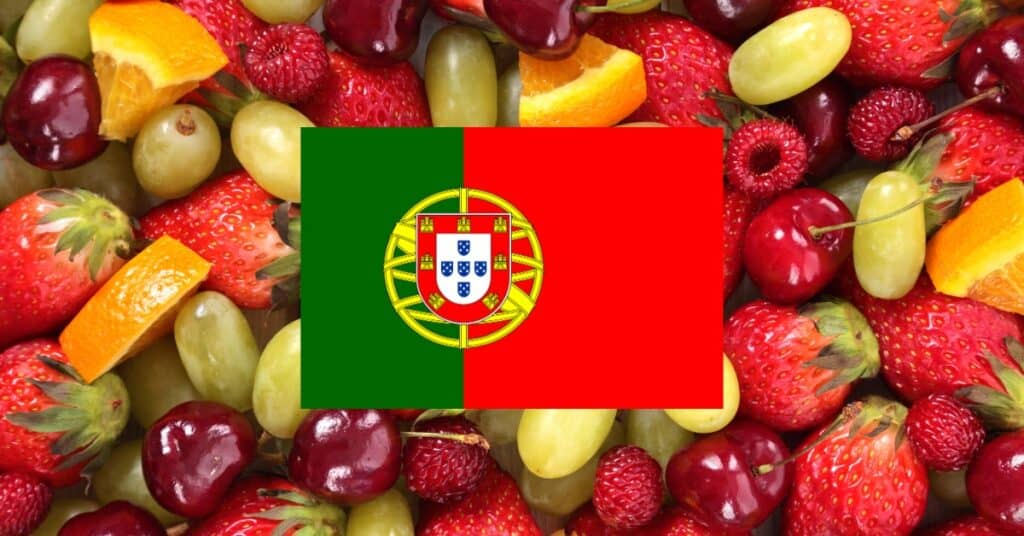Learning fruits in Portuguese vocabulary is a fun and useful way to expand your language skills. By learning the names of different fruits in Portuguese, you will be able to communicate more effectively in everyday situations, such as grocery shopping or ordering food at a restaurant. Knowing the names of fruits in Portuguese will also help you better understand the culture and cuisine of Portuguese-speaking countries. Additionally, learning these vocabulary words can improve your memory and cognitive abilities. So, whether you are a beginner or looking to improve your Portuguese skills, mastering fruit vocabulary is a great place to start!
Games
Study Resources
Vocabulary
| English | Portuguese |
|---|---|
| apple | maçã |
| apricot | damasco |
| avocado | abacate |
| banana | banana |
| blueberry | mirtilo |
| cherry | cereja |
| coconut | coco |
| fig | figo |
| grape | uva |
| grapefruit | toranja |
| kiwi | kiwi |
| lemon | limão |
| lime | lima |
| mango | manga |
| melon | melão |
| nectarine | nectarina |
| orange | laranja |
| papaya | mamão |
| peach | pêssego |
| pear | pera |
| pineapple | abacaxi |
| plum | ameixa |
| raspberry | framboesa |
| strawberry | morango |
| watermelon | melancia |
Quick Facts
- Fruits in Portuguese are called "frutas".
- Some common fruits in Portuguese are "maçã" (apple), "banana" (banana), "laranja" (orange), "morango" (strawberry), and "uva" (grape).
- Fruits are an important part of the Portuguese diet and are often eaten as snacks or desserts.
- Portugal has a variety of unique fruits such as "ameixa" (plum), "figo" (fig), and "pêssego" (peach).
- Fruits are packed with essential vitamins and nutrients that are beneficial for overall health.
Downloads
Vocabulary List
Download:fruits_in_portuguese.pdf









